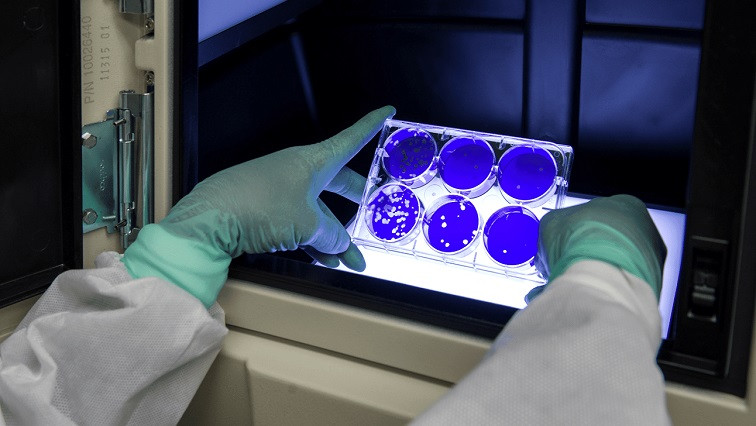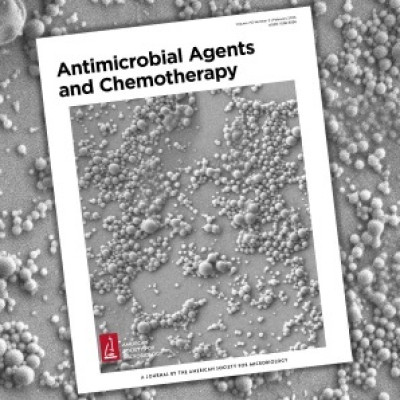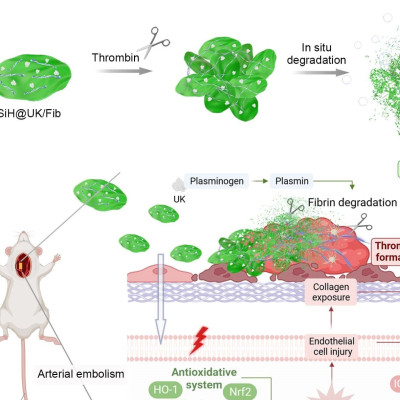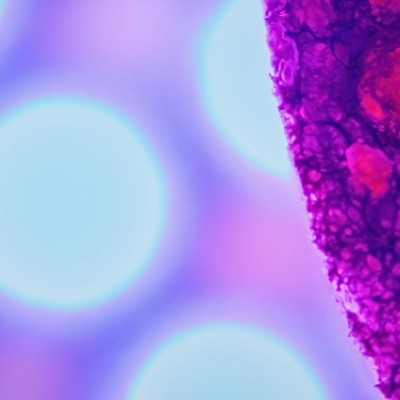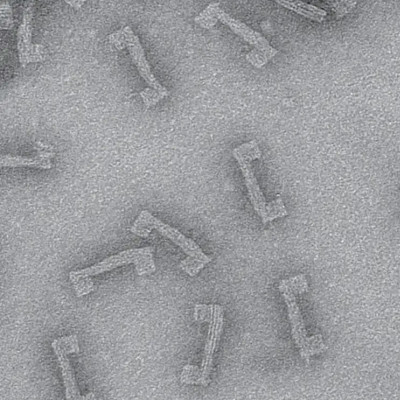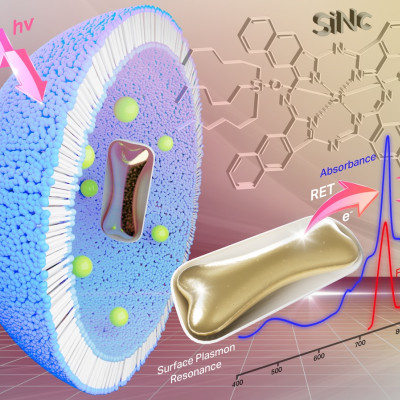Niclosamide, a drug used to treat tapeworms, has been found to have strong antiviral effect against SARS-CoV-2, the virus causing the COVID-19 pandemic. But the drug itself has limited potential because its structure makes it difficult to dissolve and for patients to absorb.
Purdue University scientist Yuan Yao's laboratory has developed a solution, a plant-based, highly potent nanoparticle called OHPP (octenylsuccinate hydroxypropyl phytoglycogen) that can solubilize and enable niclosamide. Niclosamide's solubility can be increased more than 5,000 times with OHPP, and the drug is effectively released to cells. Those findings were published in the International Journal of Pharmaceutics in 2018.
"Niclosamide has a tough, crystalline structure. When given to the human body, it may behave like sand, not effectively releasing the compound to provide therapeutic effects," said Yao, an associate professor in the Department of Food Science. "But using OHPP, we can solubilize these crystals, potentially making niclosamide bioavailable as a drug for COVID-19."
Published research showed that in the laboratory the antiviral effect of niclosamide was much greater than that of chloroquine, remdesivir, or lopinavir—other drugs being considered to fight the COVID-19 pandemic. But solving the solubility issue is key to making niclosamide a real option.
Six years ago, Yao's lab chose niclosamide as a model drug to develop OHPP because of its anti-cancer potential and because it's one of the most difficult drugs to solubilize. That work could significantly shorten the timeline of getting an effective version of niclosamide on the market if proven an effective treatment for SARS-CoV-2.
"Repositioning of FDA-approved drugs has been a big effort in pharmaceutical research. Now people are looking at niclosamide with a hope to save many lives from the pandemic," Yao said. "We were interested in niclosamide as a potential anti-cancer drug, but now we are all thrilled by the fact that OHPP-enabled niclosamide can be potentially used to fight COVID-19."
Yao's research tested OHPP-developed niclosamide against the drug alone and the drug treated with other commercially available solubilizers. The OHPP formulation was over 5,000 times more soluble than niclosamide alone and 50 times more powerful than the leading commercial solubilizers.
OHPP is made from U.S.-grown corn and is patented at Purdue. In the past decade, Yao has been a global leader in the research and development of plant-based dendrimer-like biomaterials, including OHPP. His team uses food industry methods to create most of these new biomaterials. "Safety is the first thing we consider when designing a new biomaterial," he said.
Yao co-founded a startup company, Phytoption LLC, in the Purdue Research Park. The company is now looking for strategic partners to advance OHPP-enabled niclosamide formulations and join the global efforts against COVID-19.
"We are fortunate that we have a platform technology ready for the formulation of niclosamide, which is based on years of time and effort, along with the support from the National Science Foundation, and many organizations in Indiana," Phytoption CEO Joanne Zhang said. "The COVID-19 pandemic presents an urgent need to assemble a strategic team and bring the technology to the market. If you are interested, let's collaborate and fight this pandemic together."
Read the original article on Purdue University.

